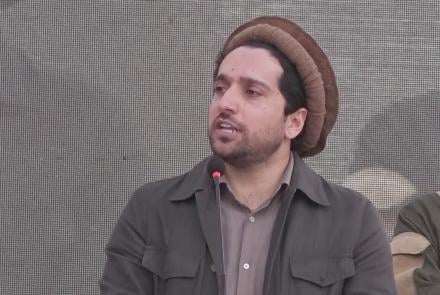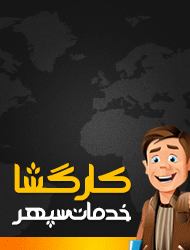RaakNews Portal
States News

Hospitality, beautiful music, get-togethers, and respect for traditions are among the special features of Iranian culture, which attracts international tourists.
پیام سرمربی والیبال آمریکا به مردم کشورش در مورد ایران+متن پیام Iran to mourn Ayat. Rafsanjani's death for 3 days World Cup 2018: Iran drawn with Portugal, Spain and Morocco Iran to consider Saudi’s invitation for Hajj if there is any Late Ayatollah Rafsanjani in brief
Iran in my eyes: Uzbek tourist
6 بهمن 1396, 08:57
Hospitality, beautiful music, get-togethers, and respect for traditions are among the special features of Iranian culture, which attracts international tourists.
Farhod Gulyanov, born in 1958 in Samarkand, Uzbekistan, has a degree in Russian language and now lives in Sochi, Russia.
Farhod has recently visited Iran and written a report about it in Russian. What you read is a part of his report.
If you want to find the answers to 'What kind of country is Iran?', 'What kind of culture does Iran have?', and 'What kind of people are Iranians?', you'd better start with a traditional music concert; there, you will hear and realize the truth without any translators.
Then, you can take a walk in one of the numerous hospitable boulevards and alleys in Tehran, traditional cities and villages as if you are at home. You can see how the traditional life style of this wonderful nation has been preserved.
In each and every stall, tea house or house, people welcome you and you are given VIP treatment. Even the fact that you don’t know any Farsi will miraculously cause no problems because whoever you meet is ready to help you, and tell you how to go somewhere, how to shop for something, how to buy food, and where to go for sightseeing.
You see no trace of pressing the tourists to buy things, which is vividly seen in some other countries; instead, everything is prepared for the comfort of the guests with great delicacy. Even if you hear the world 'Khareji' [meaning foreigner], you feel the tone is filled with respect and the necessity they feel to pay attention to your needs as an honorable guest.
We were lucky enough to have this chance. My Iranian friend treated us like kings; he took us to [a world-known Iranian traditional vocalist] Homayoon Shajarian's concert in Tehran. I was sitting in the concert and couldn't help shedding tears of joy. You could see that the whole concert hall turned into one musical instrument, even when they were breathlessly listening to the music or the time when they accompanied the singer and the players of the band like one big chorus. I had never seen such a music class!
In order to visit the land of my ancestors, it took me a life time to reach the awareness and finally visit Iran. Senior members of my relatives used to reminisce that after the 1917 Revolution [in Russia], the assets of the well-off were confiscated and the pious got suppressed; some of our relatives had to flee to Iran on foot. I even could visit the grandchildren of some of my distant relatives and could stay with them for a couple of days.
I saw that they highly respect their elderly, and the youth have their eyes down on their tablet PCs and cellphones far less than other countries. It means they are freer than us, books are still respected, and people frequently visit each other and chat. They even sing popular folklore songs. However, you could see big LCDs, and computers in every house.
When you are in Iran, a question pops in your head: Are the Europeans actually more advanced than these people? Is really being distant from nice traditions being 'civilized'? Every single artifact master from Neishabur, northwestern Iran, is luckier than us!
We are nothing without our gadgets, but they rely on their own resources in Iran. Comparing them with any European man and woman, one can easily see that humanity, experience, and virtues are seen in these people more. And that's the main achievement of humanity.
==========================================
» تاریخ انتشار : 6 بهمن 1396, 08:57
»» چاپ خبر
» کاربر محترم شما می توانید مطالب و تصاویر خود را به آدرس ایمیل info@raaknews.com ارسال فرمایید تا در وب سایت قرار گیرد.
» اخبار مرتبط:
نظرات:
ثبت نظر جدیدSpecial News
-
- The Taliban set up a committee to investigate violence against journalists
- Rare Two-Headed Viper Snake Found in India
- Afghan Footballer, 19, Identified as Fatality in USAF's Recent Evacuation Efforts
- Iranian film “Orange Days” to go on silver screen in India
- Authorities be transparent: Leader
- Russia FM to attend Syria National Dialogue Congress in Sochi
- Iran in my eyes: Uzbek tourist
Articles
Vote
| در میان پیشنهادات این روزها، کدام را قابل اعتنا میدانید؟ |
Ads
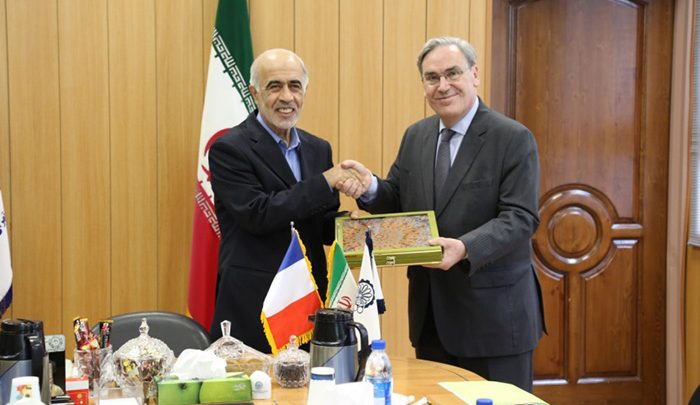
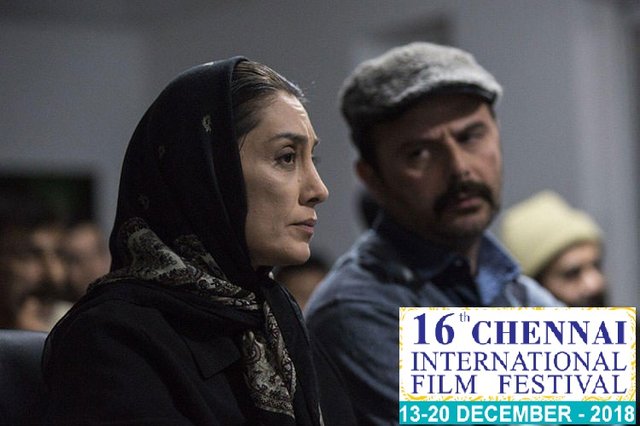
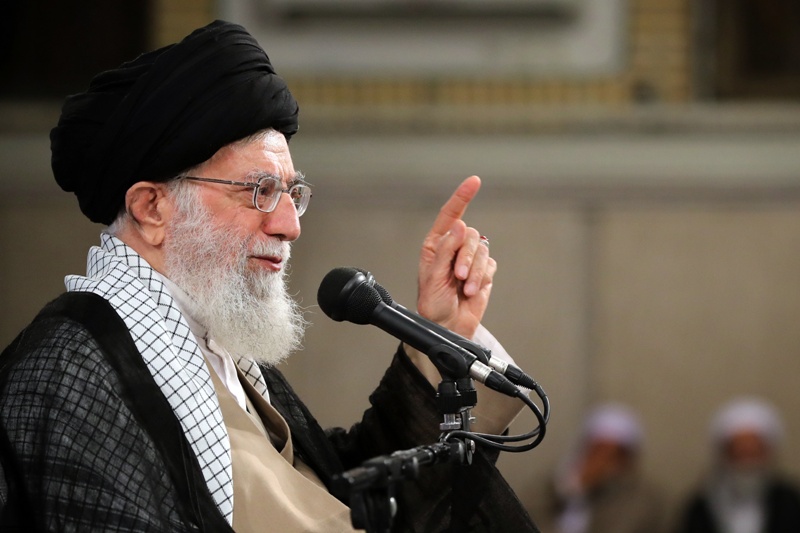

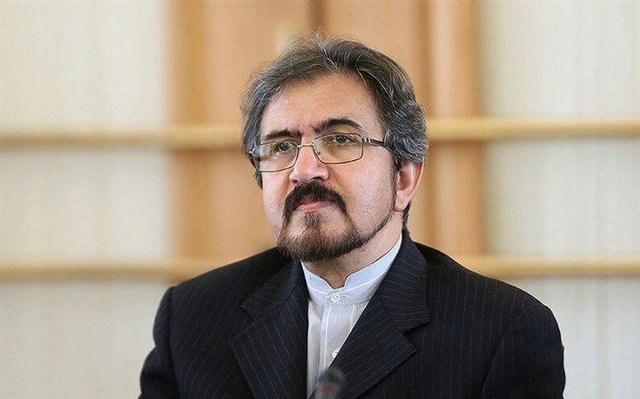
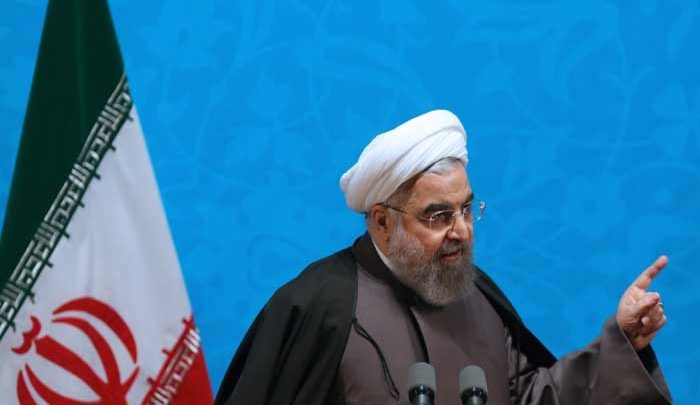

.jpg)
